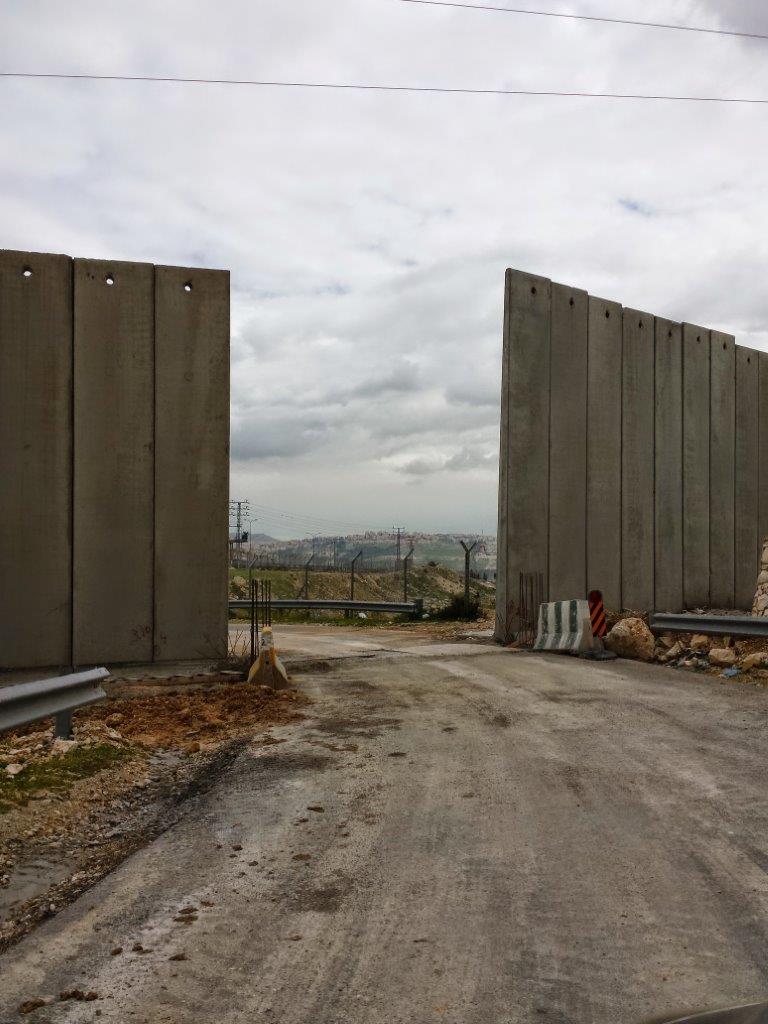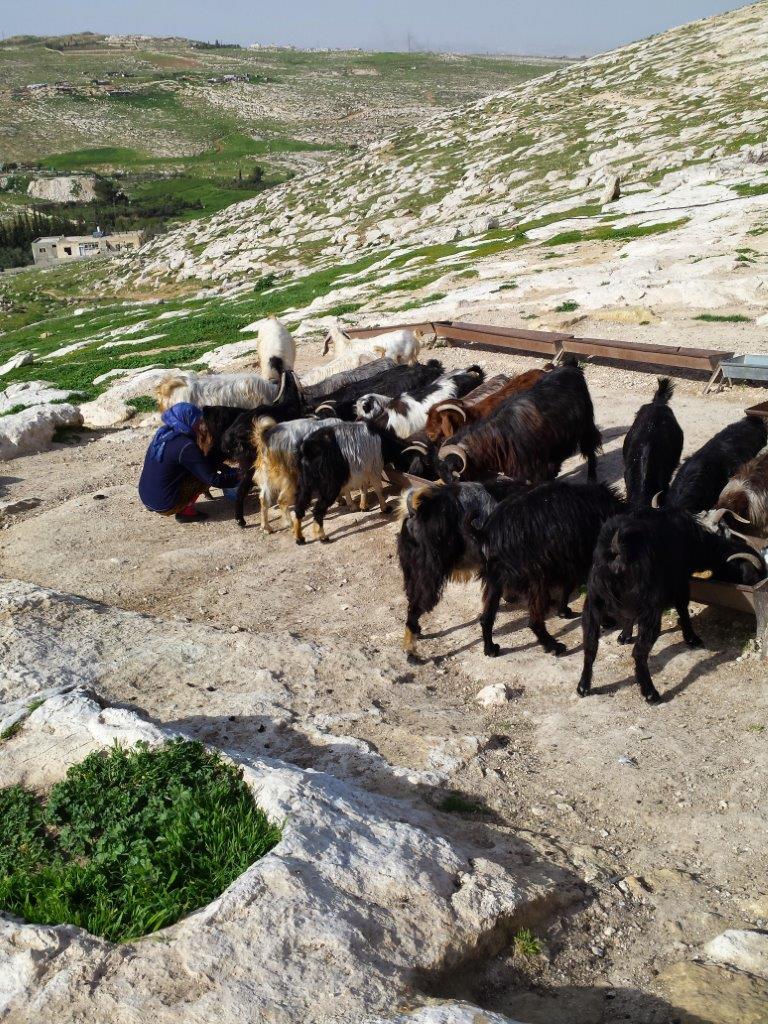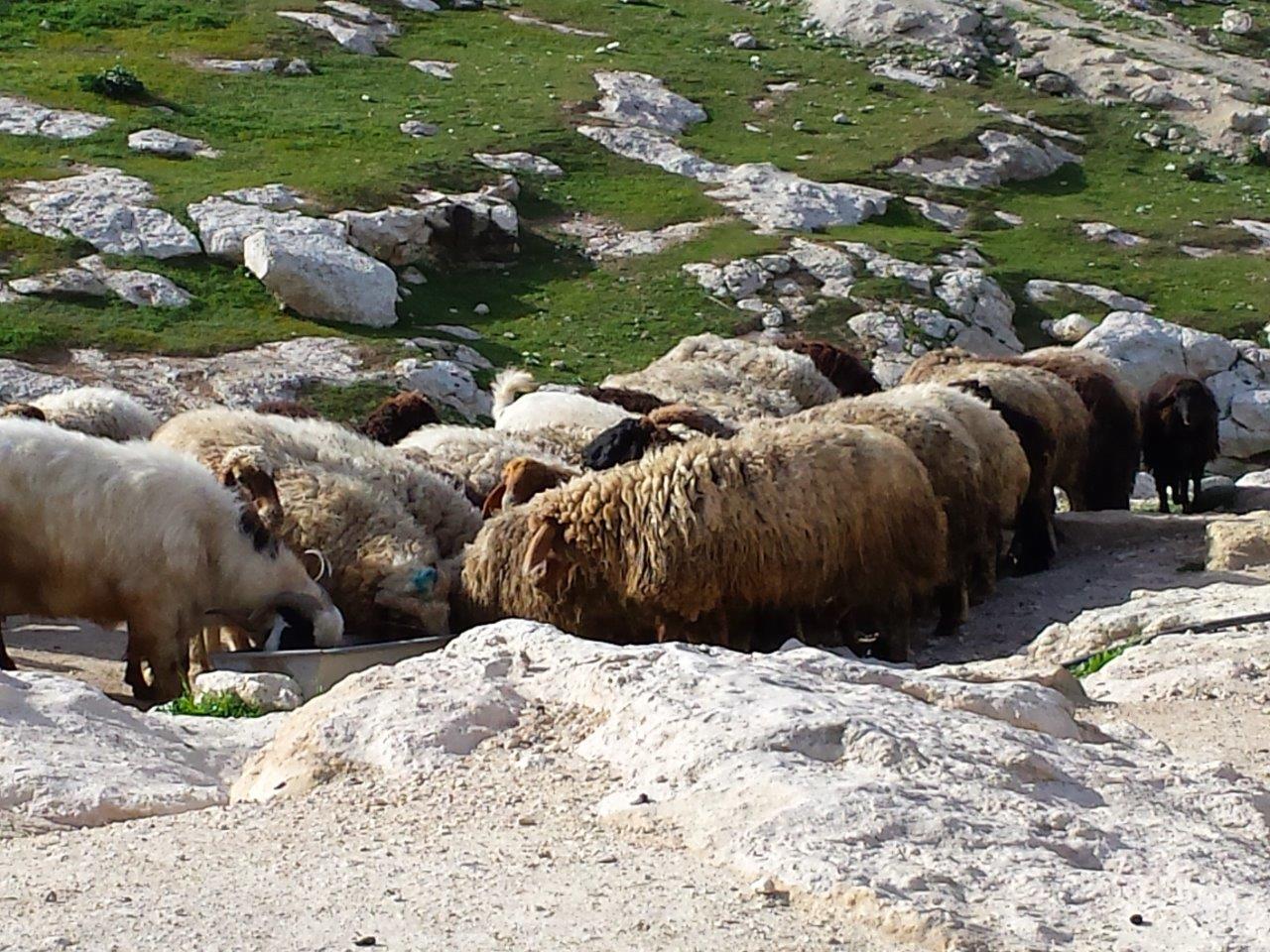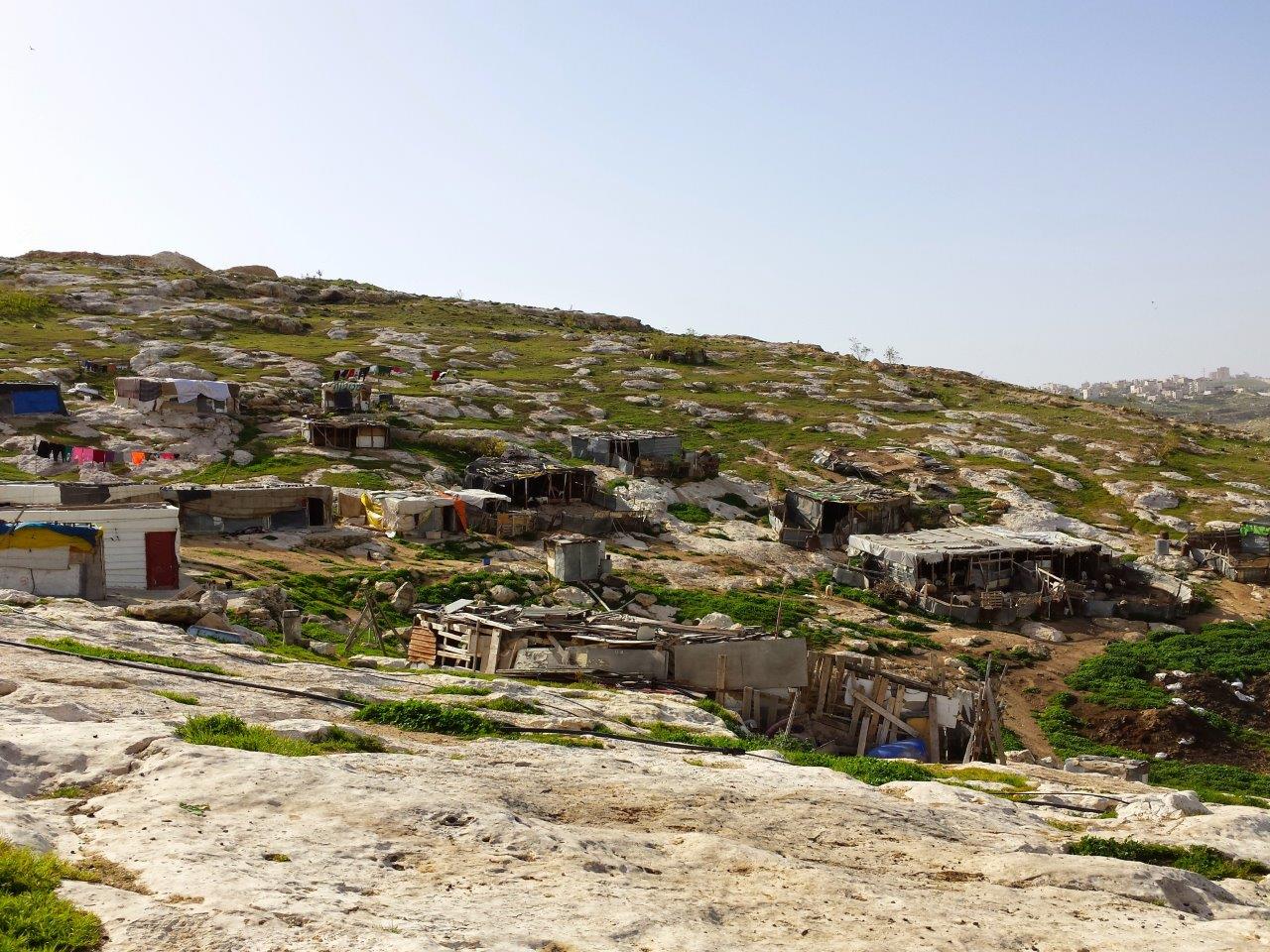
To some extent, my position is that of a critical case, if we refer to Dutch or West-European culture. Living for 30 years in Israel, I was widely exposed to oriental values and style of living and had the chance to leave at least part of my Dutch values behind. Hardships that I experience in this friendship – after this kind of extended exposure to the Middle East – are likely to be similar to those experienced by many Westerners in their friendships with Bedouins or Palestinians, or even more general with traditional Arabs. Israel knows a mix of cultures, because of the large numbers of immigrants. In Israeli context, my position would not be perceived as deviant from a cultural perspective, but it would be considered extreme from a socio-political perspective. If we look at the characteristics of the friendship itself, we find that friendships between Palestinians and Jews are scarce in the present socio-political context, in which the Israeli-Arab conflict is so tense. Actually, both Bashar and I have experienced substantial pressure to distance ourselves from one another.
Furthermore, though Bashar and I also share common ground my socio-cultural background, liberal values, humanistic worldview and modern lifestyle are in many ways in sharp contrast with his. The contrast between us is expected to be an asset in the exploration of the challenges and opportunities in intercultural friendship. Thus, our friendship is an extreme case of intercultural friendship. At the same time, it could be perceived as a paradigmatic case as well, highlighting many challenges and some substantial opportunities in intercultural friendship between a Palestinian Bedouin man and an Israeli Jewish – or respectively, Dutch – man.









